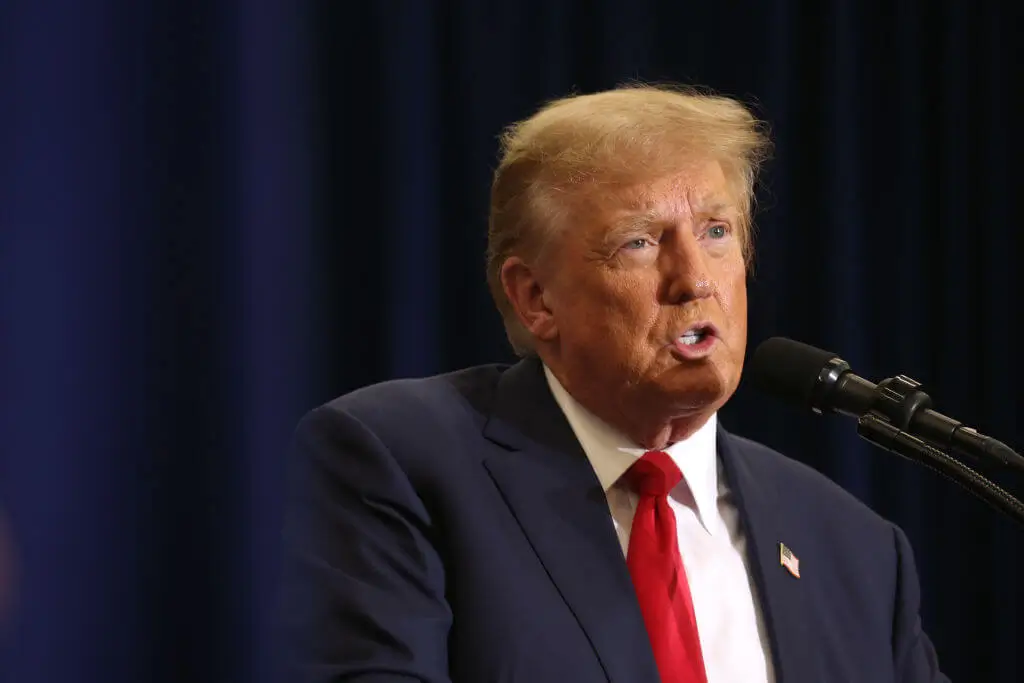House Democrats proposed a bill that aims to revoke Secret Service protection from Donald Trump if he’s convicted in any of his four felony criminal trials as lawmakers sought a preemptive strategy that would prevent any potential legal complications and clear the way for the first former president in history to serve jail time.
Rep. Bennie Thompson, the Mississippi Democrat who led the Jan. 6 select committee that recommended federal election fraud charges against Trump in 2022, introduced the DISGRACED Former Protectees Act, which would effectively remove lifelong Secret Service protection from any former president if they are convicted of a felony and sentenced to a year or more in prison.
“Unfortunately, current law doesn’t anticipate how Secret Service protection would impact the felony prison sentence of a protectee — even a former President,” Thompson said in a statement on April 19.

“It is regrettable that it has come to this, but this previously unthought-of scenario could become our reality. Therefore, it is necessary for us to be prepared and update the law so the American people can be assured that protective status does not translate into special treatment — and that those who are sentenced to prison will indeed serve the time required of them.”
The legislative action targets the Secret Service protections that have led some legal experts to believe that if Trump is convicted, he would probably be confined to his home instead of going to prison because he has constant Secret Service protection.
“This bill would remove the potential for conflicting lines of authority within prisons and allow judges to weigh the sentencing of individuals without having to factor in the logistical concerns of convicts with Secret Service protection,” Thompson’s aides explained in an addendum to the bill.
Secret Service protection goes far beyond current and former presidents as security details are also assigned to safeguard prominent lawmakers and administrative officials, as well as their immediate family members.
Trump is the only person receiving Secret Service protection who is facing 88 felony charges across four separate state and federal cases, including 34 counts in the hush money indictment, which accuses Trump of using campaign funds to cover up an alleged sexual affair with former adult film star Stormy Daniels.
The case claims that Trump unlawfully altered business records while reimbursing his ex-lawyer, Michael Cohen, for a payment to Daniels, which concealed the scandalous affair from voters and helped seal Trump’s victory in 2016.
It’s uncertain if any of the other criminal cases will go to trial before November as Trump was the first president in history to face criminal indictment, accused of state and federal election fraud and of illegal retention of classified documents after leaving office.
Thompson said the legislation will not present any new issues with applying the law retroactively, known as ex post facto concerns. He cited previous legal cases that say the government can remove such benefits as long as the change isn’t meant to be unlawfully punitive.


